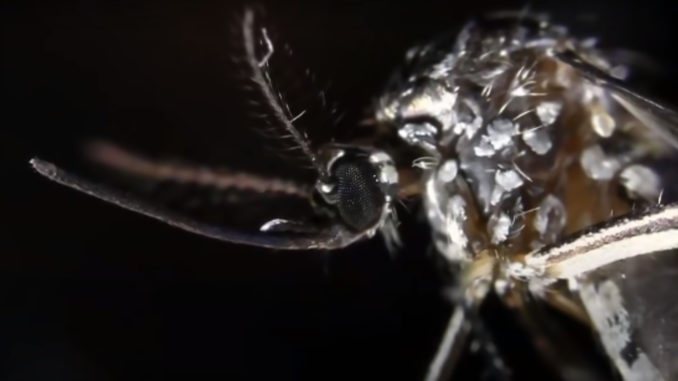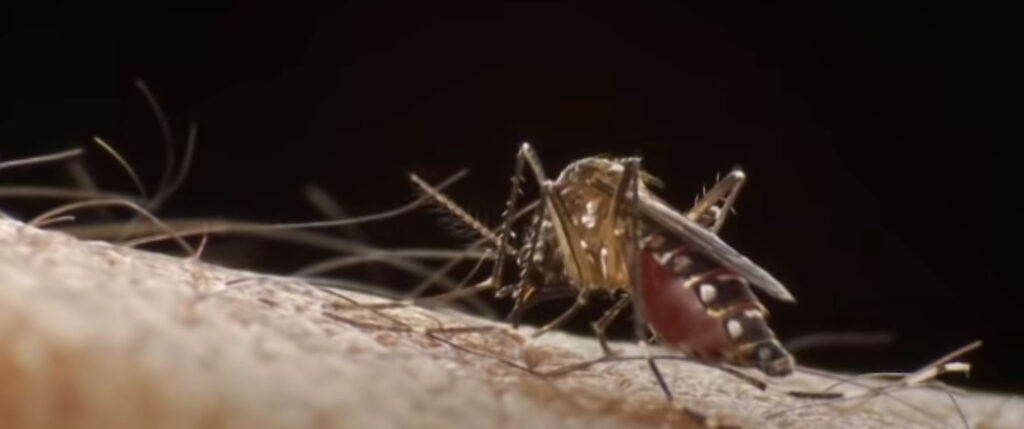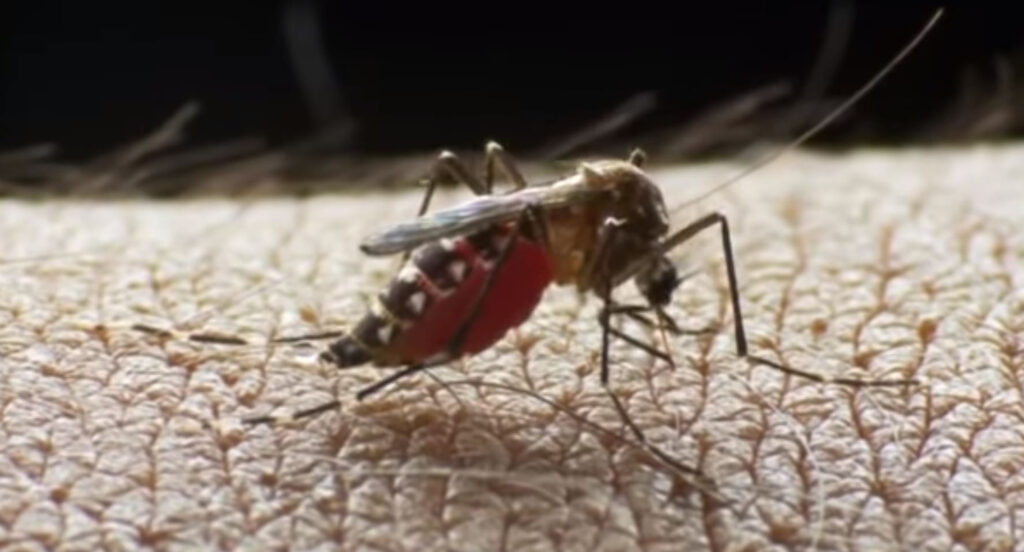
The Asian tiger mosquito, which has made headlines around the world because it carries dangerous viruses, are likely already in the UK, an expert warned.

“There is no reason tiger mosquitoes are not already in the UK,” said Anna-Bella Failloux, an entomologist and leader of the Department of Virology at the Institut Pasteur in Paris.
Noting that the UK climate is less harsh than in other places, she said that the Asian tiger mosquitoes were detected in the country earlier, but that they hadn’t stayed.
“The Asian tiger mosquito … has already caused minor outbreaks of dengue and chikungunya in southern Europe. Alarmingly, it is spreading northwards and its eggs have been found in the UK in 2016 and 2017,” according to a March 2019 report by the U.S. National Center for Biotechnology Information.
When asked if she thought the mosquitoes, which originally come from China, had simply not been detected again in the UK, Dr. Failloux said, “It depends on the detection system; it is possible that they just haven’t found them yet.”
She warned against government cuts to such systems during times of economic downturn, as has happened in Greece and Spain due to the economic crisis.
The invasive species can carry from 25 to 30 kinds of viruses, including dengue, Zika and West Nile, Failloux said.
Scientists are tracking the mosquitoes’ migration north through the UK, Dr. Failloux said, noting that they move 62 miles (100 kilometers) a year to the north and to the west.
The species, which adapts to cold climates because their eggs can withstand low temperatures, has already been detected as far north as the Netherlands, she said.

The Asian tiger mosquitoes mainly migrate as a consequence of humans unwittingly carrying their eggs around, such as in containers used while traveling long distances, or even in tires, flower pots and kitchen pots and pans, she said. They also may often be found in roadway service areas, a little farther north every year.
They are mainly found in urban areas, she said, adding that the mosquitoes migrated from China to Japan, and then to the United States and to Italy before being detected for the first time in France in 2004.
As to what British tourists traveling to France this summer could do to prevent infection, Failloux said, “Avoid being bitten.”
“Some people handle mosquito bites better than others,” she said. The more people are bitten, the more they develop an immunity, but people who are not used to mosquito bites can develop “quite spectacular reactions with itchy spots.”
Since mosquitoes cannot regulate their internal temperature and therefore move around depending on the temperature, Failloux said that when the temperature is roughly 86 degrees Fahrenheit (30 degrees Celsius), people can ward off being bitten by avoiding shade, especially early in the morning and in the evening.

The best solution, she said, is to “lie in the sun at the beach because you won’t be bitten there.”
For those who prefer hiking, she recommends wearing light clothing that covers arms and legs and using mosquito repellent.
As to whether mosquitoes can transmit COVID-19, “It is a legitimate concern that coronavirus could be transmitted by mosquitoes,” she said, “but it would, in reality, be very, very difficult because you would need to have a lot of the coronavirus in your blood. So at the moment, no, I would say it cannot transmit it.”
(Edited by Judy Isacoff and Allison Elyse Gualtieri.)
The post ‘Avoid being bitten’: Virus-carrying Asian tiger mosquitoes likely reach UK appeared first on Zenger News.



